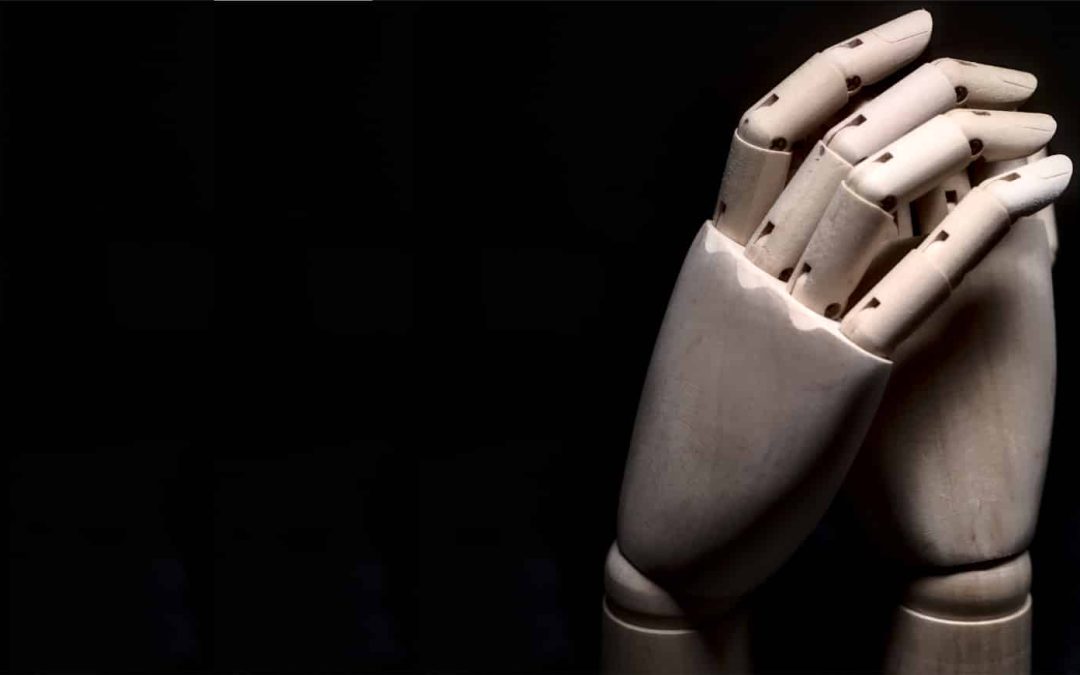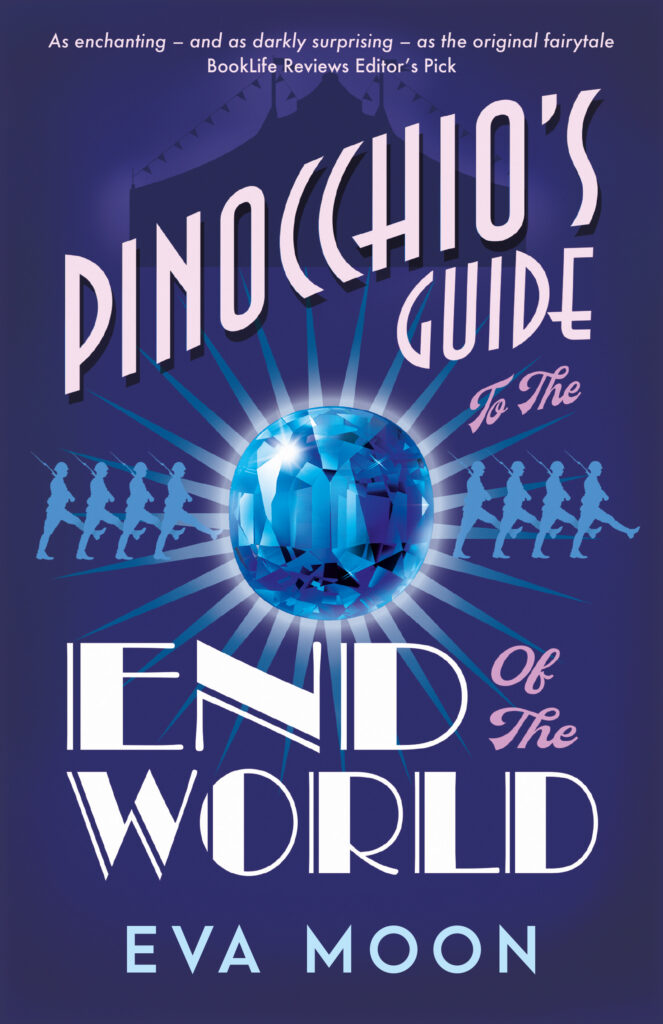People often ask me why I’m so fascinated by Pinocchio. I’ve written a play and now, a novel about him. The original story ends when he gets his wish to be a real boy, and the assumption that he will live happily ever after. But it’s a funny thing about wishes. Can you ever really know now what will make you happy in the future? My wish list for future happiness certainly did not include having a double mastectomy, full hysterectomy, and losing my mother to cancer in the span of three months. And yet, I am happier and more fulfilled in ways I could never have imagined or achieved had I not survived those trials.
So, I’ve wondered what happened to Pinocchio after he got his new body. Was it all he imagined it would be? Did it satisfy the longing in his heart? Perhaps he didn’t feel as different as he expected. Perhaps he even felt like an impostor – human on the outside, but still the same wooden boy inside. After all, none of us looks the same on the outside as we did when we were children, and yet the thread of identity – the knowledge that you’re still you – remains unbroken.
We make many emotional demands of our bodies. We want them to live up to impossible standards, to make us happy and loved, to reflect our ideal selves. And so often, they let us down. Perhaps we’re asking too much of them.
Writing about Pinocchio, not as a wooden boy, but as the human adult he presumably grew up to be, has allowed me to explore these questions and come to some understanding of what it means to be onesself in the world.




I was touched on several levels. Thank you!